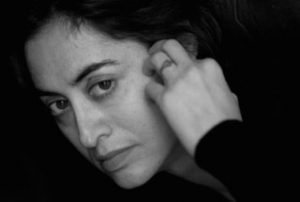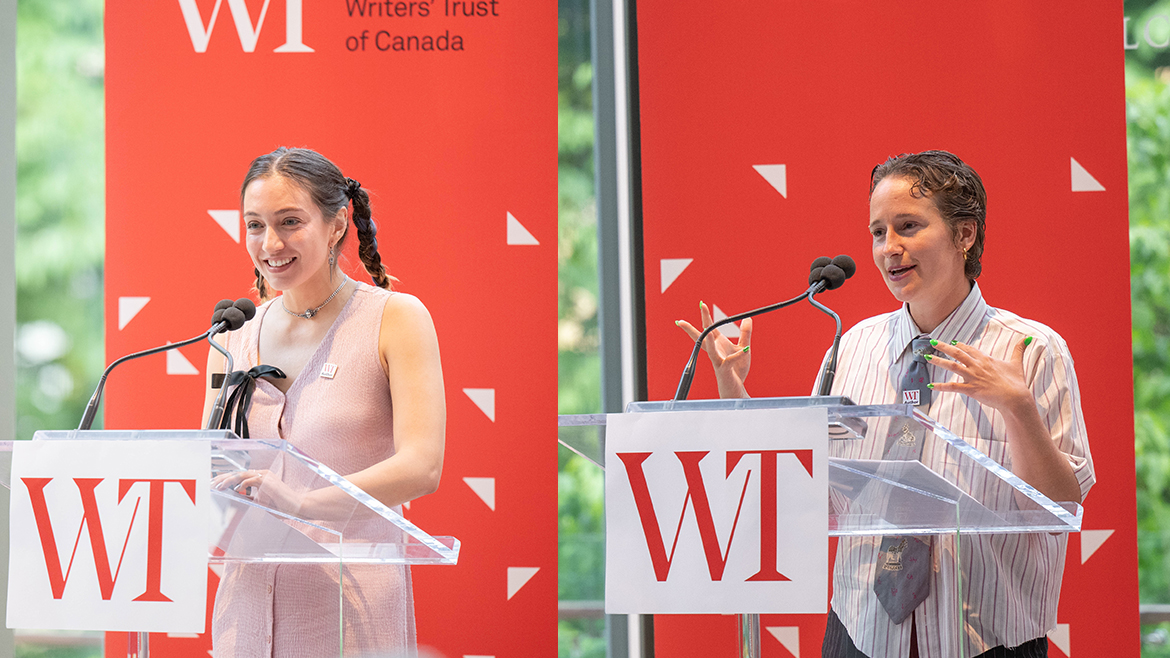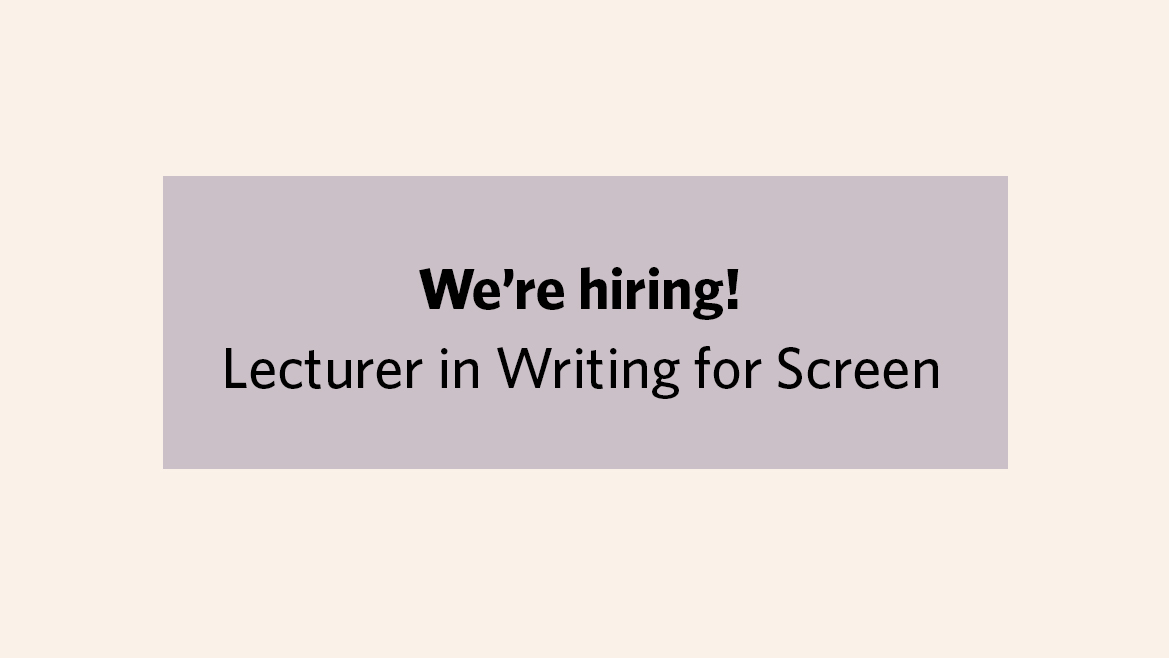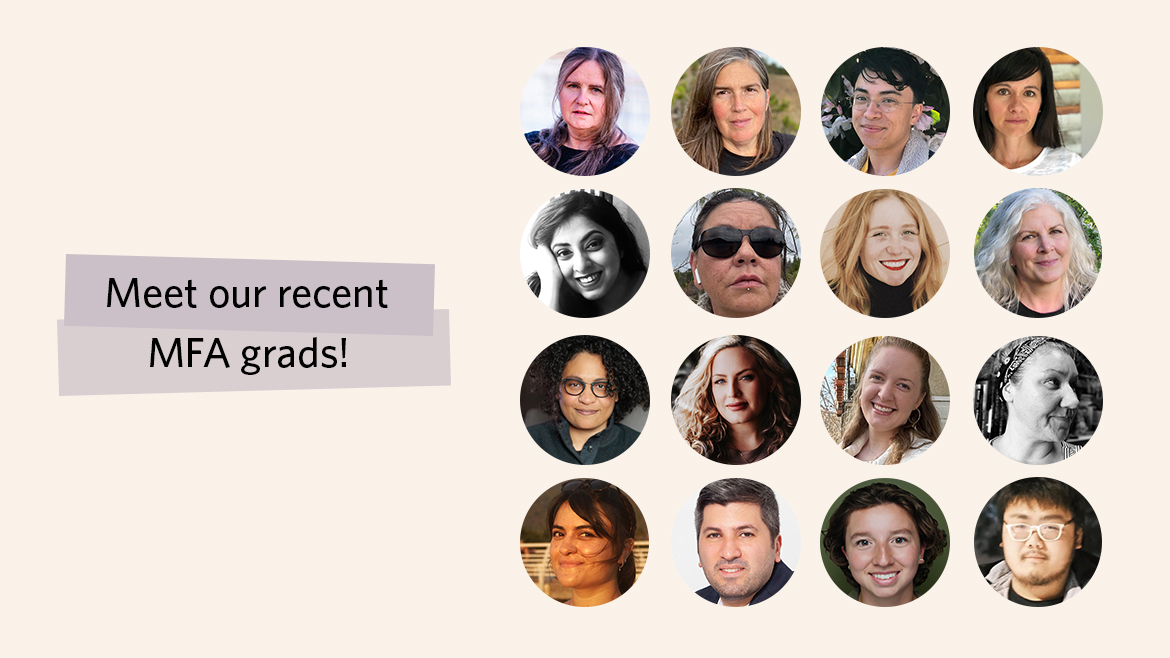Maureen Medved’s writing has been published in literary journals and magazines and on the stage and screen internationally. Maureen’s screenplay adaptation of her novel The Tracey Fragments opened the Panorama program of the 57th annual Berlin International Film Festival, winning the Manfred Salzgeber Prize for a film that “broadens the boundaries of cinema today.” Her novel Black Star is coming out in March 2018 and another book of nonfiction is forthcoming in 2019. She writes about film and television and is an Associate Professor in the Creative Writing Program at the University of British Columbia.
We spoke to Maureen about her upcoming novel “Black Star” and here is what she had to say.
Congratulations on your book “Black Star”. Can you tell us about it?
Black Star is a five-part novel, a dark comedy, about a female philosopher on the verge of tenure who goes through an ethical crisis while working on a book about ethics. It’s a dark book about a serious topic, but it’s also funny and, I hope, entertaining. At its core, it’s one person’s story, and she’s got a biting, sardonic way of viewing her experience.
I know it took you ten long years to write it. Would mind talking us through your process?
Well, I was aiming to write a book about philosophy, but it also had to be comedic. It was a tough ride because I was very ill for a time, but also because I was writing about ethical philosophy from the perspective of a philosopher, and I had never studied philosophy before. They say write what you know for a reason. Nevertheless, I had the major players and the ending worked out before I started writing. I was dealing with very dark material, but once I gave myself permission to access Del’s sarcasm, pain, and terse little observations, I was well on my way. I started sketching out the spine of the book. I knew how to write the book, but totally ignored my own instincts as I experimented with different, unusual approaches. I went through trial and error before I finally went, this is what I need to do to write this book, and finally sat down and just wrote it the only way it could organically be written: from character. The teller of the story (in this case Del) knows how to tell her story. I feel in many ways the story was formed inside me and I just needed the time, faith, and persistence to allow it to emerge. My biggest challenge is NOT to be a clever pants about the whole thing and interfere with that process.
Del is an analytic philosopher, trained in both Ethics and Mind. I had never picked up a book on any of these subjects before I began writing. So at the same time as I worked on the narrative, I was studying ethical philosophy, philosophy of mind, and so forth, and hanging out with philosophers and at philosophy lectures. I loved listening to them and discovered a way of talking that surprised and delighted me. A rhythm, cadence, and vocabulary that had its own musicality. It was poetry to me.
I knew at some point, I’d have to bring the philosophy into the book, and I had to write that in a way that was serious, but also funny and entertaining, but in a way where I was making some kind of true, honest philosophical statement. I had to write that separately – almost as if I were Del involved in her own philosophical research. Eventually, I went, okay, I need to write a serious philosophical manuscript. That was the hardest part of this book for me. Philosophy takes extensive research. I probably could have trained as a surgeon in the amount of time it took for me to take this on. At some point, I had to write with a true philosophical inquiry in mind as if Del herself had that inquiry. After that, again, rising from character, the philosophy became organic to the novel. I integrated the philosophy manuscript into the book, allowing Del, my protagonist and teller, to determine when and where this philosophy should rise out of the novel. At first I tried the lazy approach of just inserting the manuscript into the middle of the book, but I knew deep down that wasn’t going to cut it.
I have a way of writing that involves a lot of collaging, writing/outlining/more writing/more outlining, and then a process of scaffolding and embroidering the manuscript. By the time I got to the final draft, I can’t even count how many drafts I went through, ( I have them all filed and numbered) but it’s a lot. Just to get exactly the right effect.
The story is set in a university and focuses on sexual harassment. The main protagonist however is female. Why did you make that choice?
My book isn’t really about sexual harassment, specifically, (although, that is one aspect of the book) but the book is more fully about ethics and systemic leveraging for power and bullying. I chose a university, but it could have been any government, industry, or enterprise. I was looking for a self-contained institution to work this problem through. I thought before I even applied for tenure myself, that seems like pretty high stakes. I thought it was perfect for the mission I was trying to accomplish dramatically.
Del, my protagonist, is both a survivor as well as a kind of perpetrator of harassment and ethical compromises, big and small. I chose two women as protagonist and antagonist to make a point about ethical behavior as a big picture item rather than a gender war. My book isn’t about men’s historical legacy of harassing women and others, which is obviously a real thing, abhorrent, must be taken seriously, and never tolerated. My thesis is more all-encompassing: everyone must be accountable for their ethical choices every day. In Black Star, Del is perpetuating a cycle of violence, one that was imposed on her, and one that she perpetuates.
Even though women are very often survivors of harassment (I don’t know many women who haven’t gone through some horrible, degrading, and even violent experience –I want to show how all people are culpable when it comes to ethical decision making. There are women who are perpetrators of systemic abuse, stepping on others to get to their position of power. And even when they finally attain their position, these women may engage in a systematized leveraging of power and a misogynistic attitude to maintain a place with the power holders, so often men.
Although the men don’t come off well in this book, either, the two main players in my novel demonstrate that everyone must be held accountable for abuses big and small. Nobody should be leveraging power by sacrificing others while pretending to support them. We shouldn’t tolerate it for a minute. Getting ahead means you should not need to step on the heads of others. Just as Kant says, you can’t use people as a mere means. In my world, everyone has to take responsibility for systematized imbalances of power every day. From treating everyone fairly and respectfully in the workplace and government to the streets and playgrounds. I don’t like bullies.
There is a great deal of philosophy in this book. You studied the subject extensively. What were the most important aspects of it for the novel?
I had an idea for the book long before I started to write it. As a child, ethics, movies, and hockey were the safe topics of conversation at the dinner table. I knew I wanted to write about someone perched on the edge of an ethical crisis.
My novel is partly a discussion between several aspects of philosophy. Deontology, associated with Kant, speaks to me. It suggests that we pay attention to the quality of our relationships to others. Not just a quantitative outcome. In other words, the ends don’t justify the means. However, my book suggests that life cannot be lived by analytic principles and rules alone because life is too complex. The lines are amorphous, and while we want to believe there are clear cut decisions to complex problems, that is often not the case. There is no black and white. And while studying philosophy made me a better person, I would argue that analysis often fails us at crucial times. Our understanding of life cannot always be controlled and reduced to thought experiments, which I find absolutely fascinating, and which many philosophers love to discuss to make sense of behavior and choices. Here, I subscribe to Pre-Socratic philosophers who often focus on the natural world, such as Heraclitus. His idea that you can’t stand in the same river twice suggests that life is full of contrary characteristics. I take this further to discuss that in a world where we have no absolutes, philosophy and science are constantly changing. This constant change, impacts the way we perceive reality. In our perceptions, we think we have certainty, but we can’t see everything in its totality, and I believe it’s arrogant to think so. In this regard, what we may understand about, say, philosophy, science, or even what determines ethical or criminal behavior is in constant flux. Law, art, our perceptions of reality are changing and advancing with science and technology. What is considered criminal today, may be considered, say, a product of illness or neurology tomorrow.
What questions does the book pose and what answers does it provide?
Are there clear answers to difficult questions? Is there a right and wrong? Is there absolute morality? How do we behave? And how do we approach difficult choices? In a world of extreme economic and political stress and information overload where we are given power every day to engage in discussions and decisions that impact others, we need to be highly cognizant and sensitive. We need to treat others with compassion at every level. Some people are vulnerable, but they have much to offer by virtue of their vulnerability. And yet, they are often reduced and even demolished through the process of another person’s or group’s agenda. I don’t like that way of going about things. In this, I agree with Kant. Today especially we are so overwhelmed that we choose and value what makes the flashiest splash. We become dazzled and distracted from important crucial issues involving environment, homelessness, and unimaginable disparities in power and resources. Not to mention lack of well being for others and plain cruelty on a basic level. We justify it. We say we don’t have time. Or x person is doing so much good even though through their supposed “good acts,” other lives are sacrificed in the process. We behave with a lack of integrity and a lack of courage. We pass the buck. At minimum, I hope my book asks people to be kind and accountable. And vulnerability is a strength that often goes unacknowledged. Every person has something important to offer. We know that and yet we don’t often behave that way. My book asks questions about this world and what we consider normal systemic behavior and questions their validity in contrast with the tiny lives we so often ignore.
If you had to do it all over again, what would you do differently?
I would have trusted my initial instincts on how I should approach the book. Always come back to character, and you can never lose.
Finally, as always, what advice would you give emerging writers?
Develop your writing chops. Take your time. Write and read hard. Know what you like and why you like it. Believe in what you have to offer as a writer and get to know yourself and your strengths. Don’t try to be like anyone else. Value and work with those qualities that make you special. Watch and listen carefully to the world around you. Writers learn to be observers, detectives, philosophers, psychologists. We filter the world through a unique lens. Finally, the idea of the writer as a debauched citizen is over. This isn’t the sixties anymore. Writing is a long distance game. You’re an athlete of the mind, and to do this work, to engage fully with your creative faculties, you will need to treat your body and your whole self and others with compassion and kindness.
“Black Star” is out in March. You can pre-order her book here.



